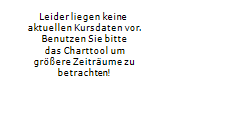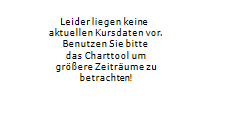
Primary safety endpoint met - No serious adverse events reported over 3-months
Robust device performance - No device failure reported over 3-months
Synergia Medical announces that its NAO.VNS device, successfully implanted in five patients at UZ Gent and Cliniques universitaires Saint-Luc in Belgium, has met the primary safety endpoint in the AURORA first-in-human clinical study. Synergia Medical's technology is a next-generation neuromodulation platform that eliminates the main metal components of traditional devices, ensuring immunity to electromagnetic interference (EMI). It enhances patient safety and care with full compatibility across MRI and other EMI sources (e.g., electrosurgery, defibrillators) and features a fast-recharge battery with an expected lifetime of 15 years with just one minute of daily charging. The NAO platform holds the potential to optimize therapy by remaining fully active during imaging, allowing physicians to adjust treatment in real time while observing brain responses, while its long-lasting battery supports energy-intensive stimulation for more effective therapeutic outcomes. Synergia is pursuing its first indication to treat drug-resistant epilepsy (DRE) via vagus nerve stimulation (VNS). Three months post-implantation, results confirm strong safety, robust device performance, and positive patient outcomes. Synergia plans to now move into a pivotal FDA and CE trial.
"We are thrilled by the strong safety and reliability of our NAO.VNS device," said Charles Nolet, CEO of Synergia Medical. "The promising results and positive patient feedback bring us closer to a breakthrough for drug-resistant epilepsy. Building on this success, we are preparing to submit our request for a pivotal clinical study in the U.S. and Europe."
Prof. Dr. Kristl Vonck, Principal Investigator at UZ Gent, commented: "These results demonstrate both safety and reliability in real-world settings for this innovative technology. The MRI access without restriction represents a major leap forward in neuromodulation. Seeing already therapeutic benefits is promising and we look forward to the long-term impact."
Prof. Dr. Riëm El Tahry, Principal Investigator at Cliniques universitaires Saint-Luc, added: "Patients were particularly appreciative of the extended battery life, which reduces the need for frequent surgical replacements. The ease of recharging has also been well received by both patients and caregivers, making long-term management more convenient."
Attachment
- PR Synergia FIH RESULTS 2025_2_24 VDEF (https://ml-eu.globenewswire.com/Resource/Download/ef1a0541-9502-46db-8339-81e151387212)



